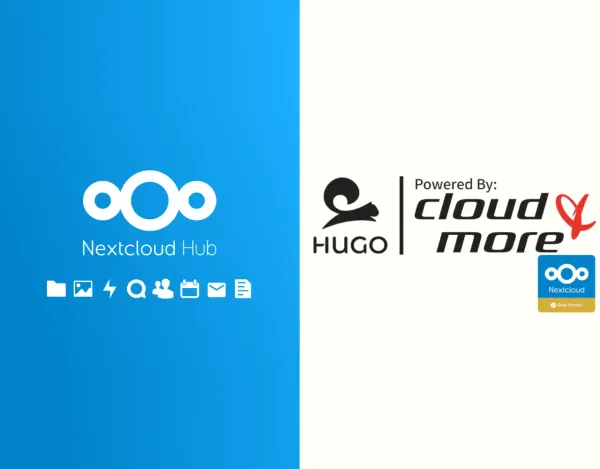Remote Work Series: GENEROSITY, KINDNESS & COMMUNICATION
Venn Innovation remote working webinar series by - Norbert Demps

No one has seen a crisis like this before, so no one can tell you what to do with absolute certainty. There is no special box of experiences that has the magic answer, but we have had situations in the past that we can draw from, where we can transfer learnings and skills. We can talk about those extreme situations and how we managed them, and apply those skills now and to any future crises that may come our way.
Before we get into it, I want to offer a little more wisdom: often, we don’t know right away that we have the experience to handle moments of uncertainty or a crisis. Perhaps, we should think about it more as a question of piecing together multiple experiences from our past. Consider that for a minute; consider everything you’ve experienced up until now.
On September 11th, 2001, I was on my way to a conference in Chicago and got stranded in Gander, Newfoundland, for 10 days (it really is the best place to be if something like this happens). One week prior to this, my family and I had just moved into our new house that we built. We had 3 kids, and one of them was only 4 months old. I was stuck in Gander with no way out. There was nothing I could do, control, change or manage. I was completely out of my comfort zone and suddenly dependent on others for everything:
- To cook for me
- To house me
- To give me hope
- To be there for me
- To help me out with things we take for granted like having a toothbrush.
The days were getting really long with nothing to do. I had too much time on my hands to think about what I would do when I eventually got home. I needed to keep myself busy. So, I started a new routine. I went for long walks around Gander. I teamed up with a friend to build a website to say thank you to the city and its wonderful people: http://www.thankstogander.de/ (the site is really old now, so most of the links don’t work anymore). Beyond that, I had to figure out a way to get my work done.
In 2001, we had no choice. We had to go remote. With no video call capabilities, no cell phones, modems or fast internet, this wasn’t exactly easy. Even more so, when you consider that we had to use computers in the school we were staying at and only had limited access per day (remember, we’re talking about technology in 2001).
This changed how we approached our work: to get things up and running remotely, we had to become highly effective communicators. We had to discuss everything in emails or in basic, self-built chats. Focusing on the important part of our message was imperative - we had to make sure that everything our team members on the other side needed to move forward, to make a decision or to be able to start working was there in the email in a clear and logical way, because they couldn’t ask for clarity or check in to see what was going on in our heads. We structured everything offline, creating sections with headlines, so it was clear what we needed, what further explanations we were looking for, and what the team needed to rethink or go through again and then at the end we provided any information that they were missing from us.
What helped frame our communication strategy was something we called the Five W’s Approach:
What - Why - Who - Where - When
Every piece of communication that was shared covered these 5 questions. It’s often easy to overlook the why, but having this piece makes the agenda, reasons and therefore the motivating factors behind your email very clear. It’s also critical to note that we left the how to the ones doing the task as they were the experts. Trust within the team is important - especially in a situation like this. This communication strategy was something I had to learn - and quickly - and it’s a skill I’ve taken with me to every business I’ve been a part of since. And it really is the key to successful remote work.
My other big take away from this experience is one of generosity and kindness. Show your team kindness and generosity of spirit whenever you can, especially if this is your first time attempting remote work. Everything is new, a little strange, maybe even a little overwhelming. So, set an expectation of positive intent and create a culture of generosity and kindness.
Before I go, I’d like to add one last food for thought: given everything the people of Gander taught me, I know I will never be able to give back to them directly, so I try to pay their kindness forward by helping others around me. It’s a lesson they imparted to me, and one that still has a huge impact on me today. I see the pandemic as an opportunity for us all to give back by respecting the safety of others and, in particular, the vulnerable members of our community, by honouring the efforts of our frontline workers and by remembering everything they’re doing for us now when this is all over.
If you’d like to learn more about leading your team through remote work, check out the Venn Innovation Remote Work Series on YouTube.






